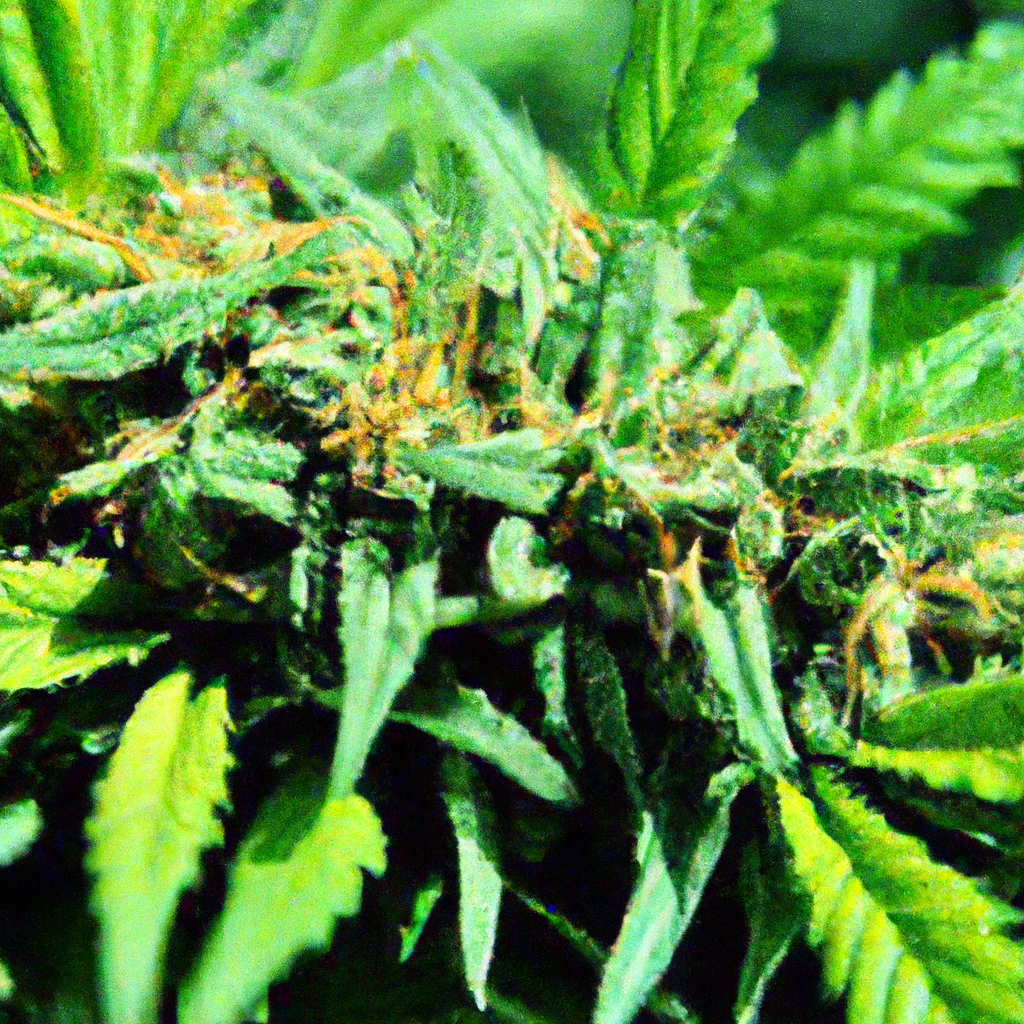Your cart is currently empty!
As demand for eco-friendly and naturally grown products increases, organically cultivating cannabis has emerged as a sustainable and profitable approach. By prioritizing natural fertilizers, composting, and effective pest control methods, growers can foster a thriving ecosystem that benefits both the environment and consumers. This article outlines best practices to optimize organic cannabis cultivation.
Building a Healthy Soil Ecosystem
Soil health is the cornerstone of organic cultivation. By enhancing natural soil fertility, growers can provide cannabis plants with the essential nutrients they need without synthetic additives.
- Composting: Use organic waste such as vegetable scraps, coffee grounds, and yard waste to enrich the soil with nutrients. This not only improves structure but also encourages beneficial microorganisms.
- Natural Fertilizers: Incorporate materials like fish emulsion, bone meal, or kelp extract. These promote robust plant growth and increase nutrient uptake.
- Cover Crops: Planting legumes or clover in your garden introduces nitrogen into the soil, preventing erosion and improving fertility.
Natural Pest Control Strategies
Effective pest management is vital for healthy cannabis growth. Instead of relying on chemical pesticides, employ natural strategies to keep pests at bay.
- Beneficial Insects: Introduce ladybugs or praying mantises into your garden. These predators naturally control pest populations without harming plants.
- Neem Oil: Use neem oil sprays to deter common pests like aphids and mites. Its natural properties disrupt the life cycles of insects without toxic side effects.
- Companion Planting: Plant herbs like basil, dill, or marigold around cannabis to repel pests and attract beneficial insects.
Sustainable Practices and Consumer Benefits
Organic growing not only supports environmental conservation but also delivers high-quality cannabis to consumers. Here’s why sustainability matters:
- Reduced Carbon Footprint: By omitting synthetic chemicals, organic cultivation reduces soil and water contamination, shrinks your carbon footprint, and enhances biodiversity.
- Healthier Products: Organically grown cannabis is free of harmful chemical residues, resulting in a cleaner, purer, and more aromatic product for consumers.
- Consumer Trust: Transparency and dedication to sustainable practices foster consumer loyalty and trust in the organic cannabis market.
Conclusion
Organic cannabis cultivation is more than just a growing trend; it’s a commitment to sustainability and quality. By fostering a healthy soil ecosystem, implementing natural pest control measures, and focusing on sustainable practices, growers can produce cannabis that benefits both the environment and the consumer. Embrace these practices for a greener and healthier future.
Tags: OrganicGrowing, NaturalFertilizers, PestControl, Sustainability, EcosystemBuilding
Discover more from Magic Clones
Subscribe to get the latest posts sent to your email.


Leave a Reply